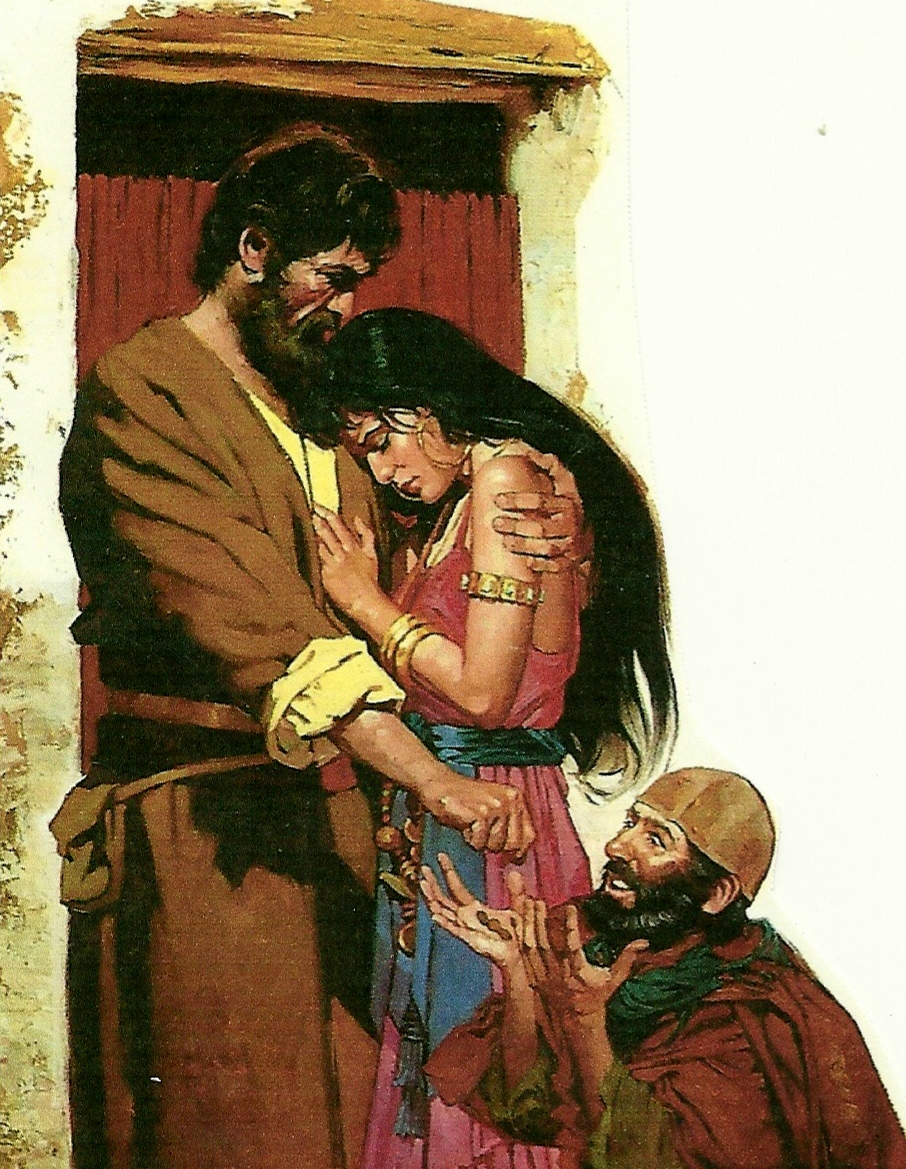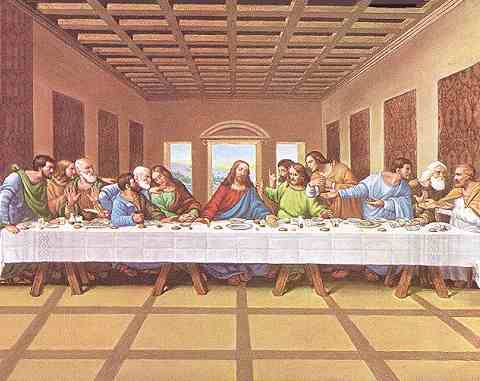
The book of Hosea is divided into two unequal sections: The first (Chapters 1–3) uses the relationship between Hosea and Gomer, to set the stage
for the second (Chapters 4–14), which deals with God’s complaint against Israel and the coming judgment. In the first, we have the faithful prophet and the faithless bride; in the second, we see the faithful God and faithless Israel.
The theme of the book is the loyal love of God for idolatrous Israel, and the power of His redemption and forgiveness to transform her into His beloved bride.
Gene Cunningham - December 21, 1998
Upper Room Discourse #2

Scripture References: Romans 7:24-25, John 13:1-3, John 1:9, John 1:8, John 1:5-10, John 13:12-17, John 13:8, John 2:1-2, John 13:4-17
From Series: "The Upper Room"
Originally given in Tucson AZ in August 2007 this series amplifies the crux of Christian doctrine as delivered by Jesus to His disciples in John chapters 13 through 17 - the Upper Room.

